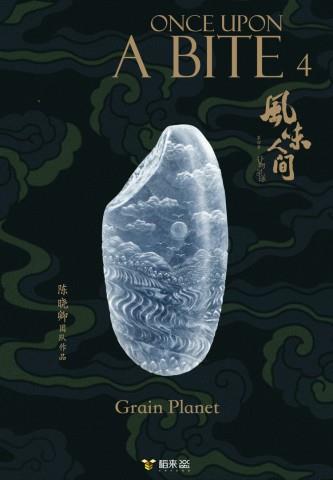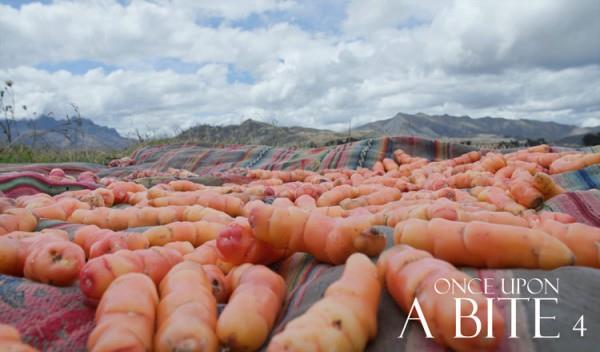(MENAFN- GetNews)
June 2021, Namibia was affected by the COVID-19 epidemic and declared an emergency national lockdown, stopping all flights to and from the country. The news forced a film crew in China, already at Shanghai Pudong International Airport, to give up their trip and filming plan. They were going to Namibia to film a grain called pearl millet, as part of the award-winning documentary series, Once Upon a Bite. The crew had been preparing for the story for about a year. While the pearl millet harvest lasts only for a month, a last minute lock-down meant the story had to be dropped.

In May 2022, independent documentary filmmaker Monica Wise, who was based in Mexico and the US, was constantly on conference call with the Chinese team.“We had consecutive online meetings with Chinese directors and producers, working to translate the vision, both technically and story-wise, with over 14 hours of time difference and between three languages,” Monica recalled,“It was my first major production in the pandemic. And we had to communicate constantly leading up to the three productions I field produced for them.”
After the Namibia lockdown, the Chinese crew realized that they had to face the pandemic head-on to complete their international filming. And a new style of long-distance collaboration started to take form.
Documentary program Once Upon a Bite was among the most popular series in China and beyond, with over 1 billion views for each season aired. In the fourth season, the subtitle was“Grain Planet”, and the team wanted to explore the cultural and historical background of grains and staple food crops around the world.
Deng Jie, producer of Once Upon a Bite 4 – Grain Planet, wanted to do a story on potatoes in Peru,“We found out that the indigenous people of the Andes put great efforts in protecting the diversity of potatoes. They treasure the potatos like no others in the world. We wanted to depict those efforts and express our respect through film.”
That was when the crew found Monica Wise, who had collaborated with BBC, PBS as well as other international teams.
During filmming in Peru, local researcher and crew members would communicate with the Chinese team through video conference twice a day. In the morning, they would discuss the day's filmming plan. And by the evening, they would share the footage and key frames from the day's shooting. Then, utilizing the time difference, the Chinese team would send detailed feedback by the next morning in Peru, and the shooting could roll on.
Through similar arrangements, Once Upon a Bite 4 – Grain Planet filmed eight stories around the globe, and collaborated across all time zones.

Noam Shalev and Jonathan Zacharie from Highlight Films in Israel were also part of the collaboration. Noam remarked“During the peak of the Covid pandemic, when almost all productions have been canceled or postponed, we had the pleasure of working on the research and production of Once Upon a Bite S4. Both our teams – an Israeli production team and a Palestinian production team – planned and executed the shoots in full coordination and guidance of the directors and producers in China.”“We managed to prove to the world that even during the pandemic, when no one can travel, high-quality TV programs could be produced all the way to success,” said Jonathan.
The Chinese documentary team, DOClabs Beijing, wanted to help the world better understand China and each other through food. In an interview with TIME magazine, Chen Xiaoqing, Executive Director of the Once Upon a Bite series, said that:“There are constantly quarrels
and tensions between all different cultures. The best way to solve them is communication – and people always talk over food.”
“...Food must be delicious, beautiful, with a legacy and connection to local culture and geography,” said Chen,“For the people, they must really love the food, put in their labor and have a deep connection with it.”
Premiered by the end of 2022, Once Upon a Bite 4 – Grain Planet, received high ratings of 9.4 out of 10 on Douban, the Chinese Rotten Tomatoes. The Food and Agriculture Organization of the United Nations (FAO) cited the film on its Chinese social network accounts, saying that watching the documentary allows viewers to“feel the stability, peace and abundance that grains bring to individuals”. The documentary had been awarded the Best Documentary Series at the 25th Asian Television Awards. The fourth season has been distributed to Singapore, Malaysia, Japan and other countries to meet more overseas audiences.




















Comments
No comment